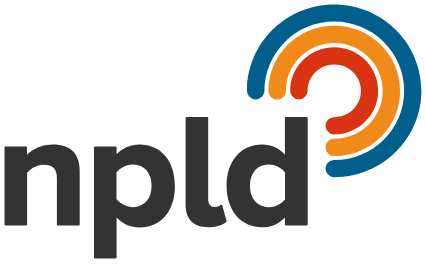Oilthigh na Gàidhealtachd agus nan Eilean | University of the Highlands and Islands

ORGANISATION
Oilthigh na Gàidhealtachd agus nan Eilean | University of the Highlands and Islands
The Language Sciences Institute aims to connect innovation and expertise in research and learning and will use the collective power and multi-disciplinary strengths of the University of the Highlands and Islands academic network to reconfigure current approaches to the revitalisation of minority languages. The distinctive features of the LSI are:
- A research and learning institute, embedded within a minority language community, with a focus on understanding the dynamic linkages between Gaelic communities.
- An open and collaborative approach to minority language research that engages communities in a process of reflection and learning.
- The co-design of new research methodologies and innovative knowledge exchange processes that will help develop the capacity of the university to address a sociolinguistic challenge.
- Address the sociolinguistic challenge from both a both national and international perspective.
- Use of a whole-systems approach to language research and practice, centred on addressing the challenges of social and economic sustainability within minority language communities.
- A languages science approach to research, linking localised minority language situations to international perspectives on language revitalisation processes and which involve the community in the design of new interventions, policy and research.
The LSI will provide a focus for informed debate and discussion on factors in relation to creating a sustainable future for Gaelic as a communal and social identity. Additionally, LSI will provide a forum facilitating engagement in a meaningful and positive way with the traditional language community and with the new Gaelic communities emerging within the larger urban conurbations of Scotland. The Language Sciences Institute has a central role in researching and informing national policy in this area of language planning in Scotland.
Information on the University of the Highlands and Islands is available here: http://www.uhi.ac.uk/en
Link to research: https://www.fulcrum.org/concern/monographs/th83m2602#description

COUNTRY
United Kingdom

TYPE OF ORGANISATION
Associate Member

WEBSITE

INFORMATION ABOUT THE LANGUAGE
Scottish Gaelic
University has a Gaelic Language Plan as required by Sections 3 and 7 of the Gaelic Language (Scotland) Act 2005.
Mainly, in Education, Public Administration, Media, and the Arts.
2022
